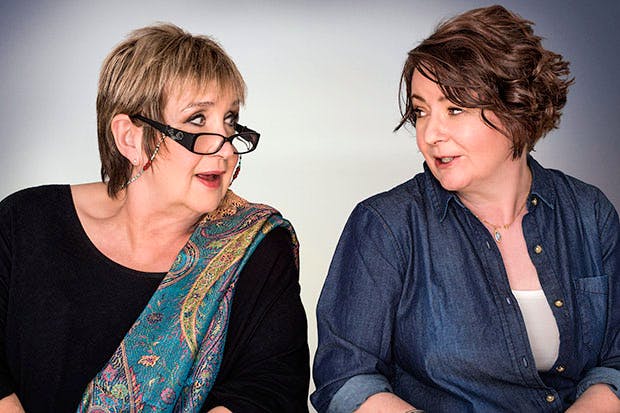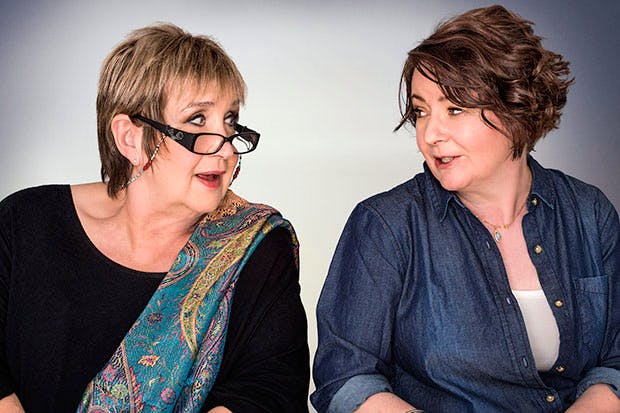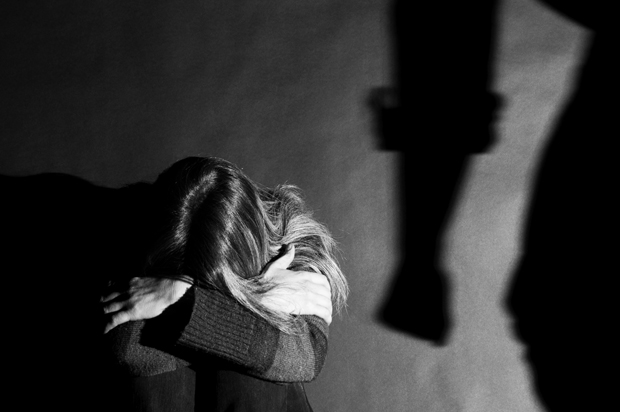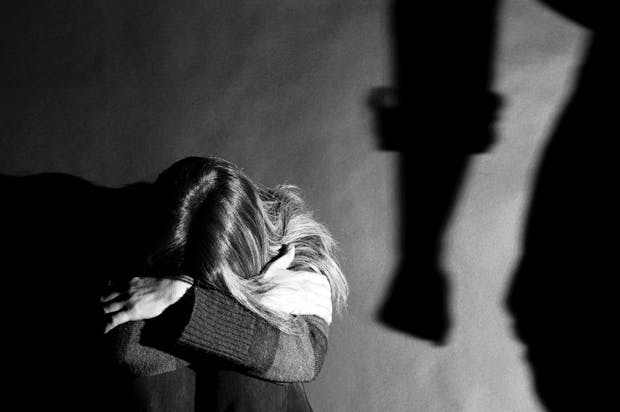When Jane Garvey announced to the audience who had just ‘taken part’ in the 70th birthday celebrations of Radio 4’s Woman’s Hour on Monday morning that a woman listener had sent in an email asking, ‘Why do we need a programme like this in 2016?’, she almost caused a riot in the BBC Radio Theatre. A riot of disbelief and horror. What? Abolish the only programme on the BBC entirely devoted to the issues that affect women? Cut down in its prime a daily audio magazine that since its first broadcast in October 1946, and in spite of initially being commissioned and presented by men, has raised provocative questions about the right to equal pay (Nancy Astor, the first woman MP, was a frequent guest on those early programmes), to equal appreciation for the role of motherhood and housework in the national economy, to equal opportunities for women in the workplace, and to equality within the home? That has never failed to champion women’s achievements, from the pioneering composer Elisabeth Lutyens to the extraordinarily graceful and quietly subversive Bake Off champion Nadiya Hussain (who was a guest on Monday’s birthday programme). And that has allowed women to talk freely on air about those aspects of life normally kept hidden behind the net curtain — the menopause, abortion or how to de-slime your face flannel (yes, that really was a topic).
A sneaky part of me has been thinking for a while that the notion of a programme devoted solely to women’s issues is past its sell-by date and this brave listener may have a point. Do we still need a daily hour (or rather 45 minutes) devoted to the issues of a single sex now that men are not ashamed to change nappies or rush home from work to make supper? Is it not time that Woman’s Hour was transformed into an arena for both sexes to debate, reveal, confess and confer about issues that matter to both sexes, not just the bodily ailments and inner travails of one of them? Shouldn’t a programme that discusses everything from bugs in dishwashers to the peace negotiations in Colombia reach out to a wider audience, with a different name, now that we’re supposed to be sharing household chores as well as the top jobs?
It’s true that as we gathered in the Radio Theatre on Monday morning the latest headlines from the presidential debate in the USA took us straight back to the Dark Ages. Misogyny, it seems, is an underlying current ready to erupt at any moment, in any situation. There is still a long way to go before rampant sexism is removed from politics, and even further to go before there are enough women heading up organisations for it not just to be accepted but implicitly understood that they have as much right and ability to do this as the opposite sex. Only on Monday, in a somewhat ironic twist, Helen Boaden, the BBC’s director of radio emeritus, was reported as having complained that the Corporation is rife with ‘young men’ who have ‘a massive sense of entitlement’, preventing women from realising their potential. The gender battle is far from over.
It should also be said that the programme does have a male listenership (40 per cent), although very few of them dared to show their faces in the Radio Theatre on Monday. A much higher proportion of listeners than is usual for Radio 4 are also younger than 35, proving that the kingdom of Jenni Murray and Jane Garvey reaches further than those women who grew up burning their bras and marching to Greenham Common.
Why then did Monday’s programme, despite its cheery audience and congratulatory atmosphere, feel like a wasted opportunity? The celebrations focused on a new opinion poll (commissioned to mark the anniversary), which revealed that women are far happier to be female now than back in 1947 when a similar poll was taken. To discuss this, Murray and Garvey were joined by a celebrity panel, including the pioneering newspaper editor Eve Pollard, Gemma Cairney (the Radio 1 star), the historian Amanda Vickery and Nadiya Hussain, but of course not a single man. How much more interesting it might have been to have had a male voice, just one man, to leaven the mix. Of course, the presence of testosterone would have taken away some of the freedom of expression. But it just feels wayward and retrograde in 2016 to be fretting about what women want, and what makes them happy. Would, for instance, a similar colloquium of successful men have been asked what they most feared: to be called stupid, boring or fat?
Perhaps most depressing of all is the announcement that as part of the anniversary celebrations Woman’s Hour will be launching a new Craft Prize in partnership with the V&A and the Crafts Council. Again, very worthy, to elevate craft (the winner will be given an exhibition at the V&A as well as £10,000), much of which displays superb creativity and accomplishment, but why not champion women in those professions such as composing, or conducting, where acceptance is still so difficult? If only we could know what Elisabeth Lutyens would have said?
Got something to add? Join the discussion and comment below.
Get 10 issues for just $10
Subscribe to The Spectator Australia today for the next 10 magazine issues, plus full online access, for just $10.













Comments
Don't miss out
Join the conversation with other Spectator Australia readers. Subscribe to leave a comment.
SUBSCRIBEAlready a subscriber? Log in